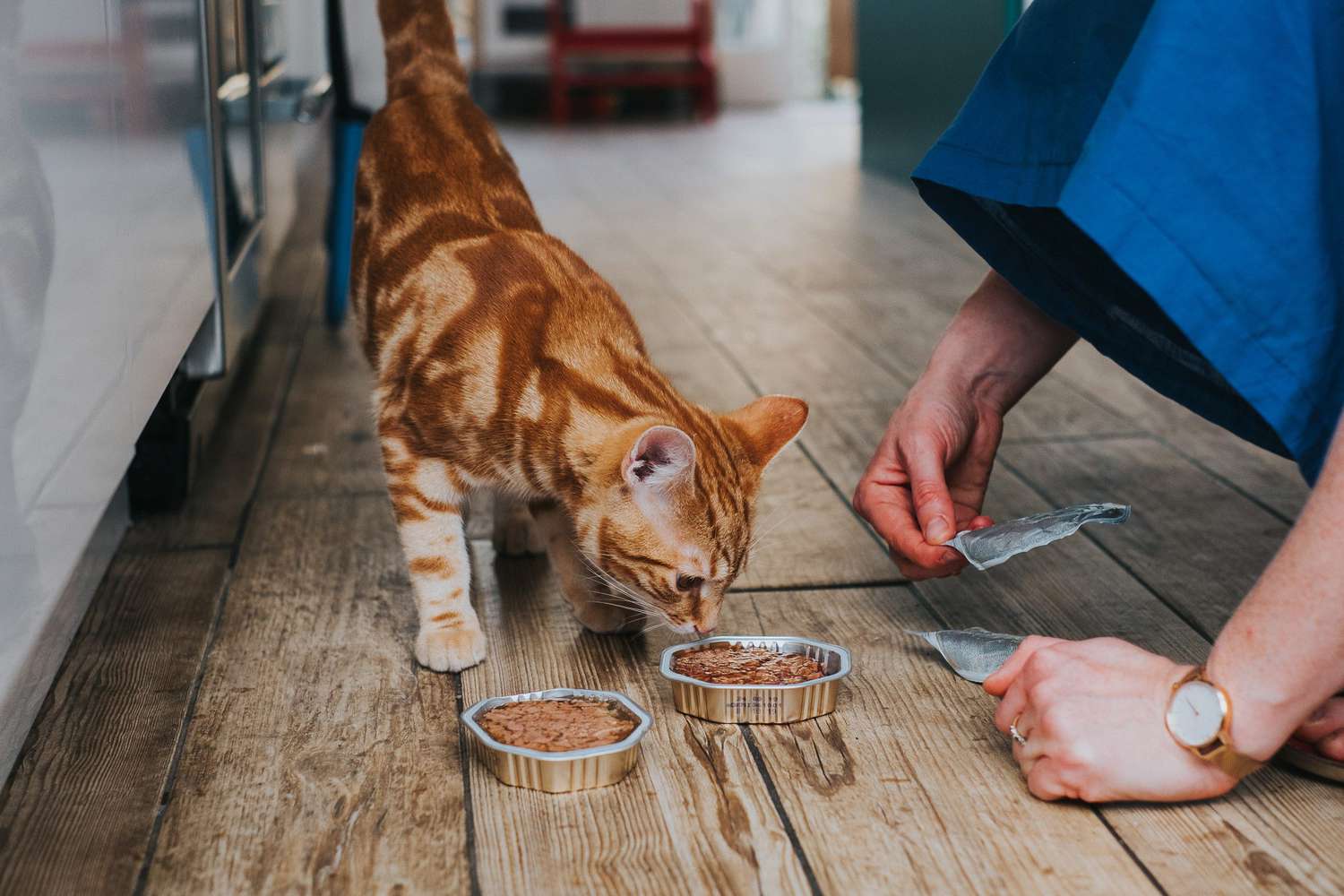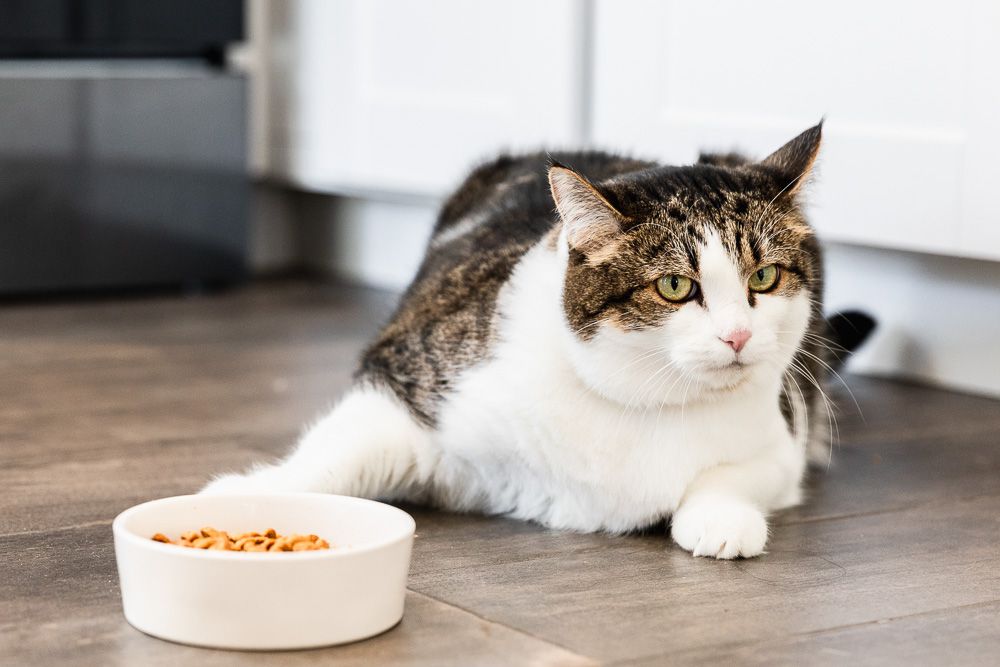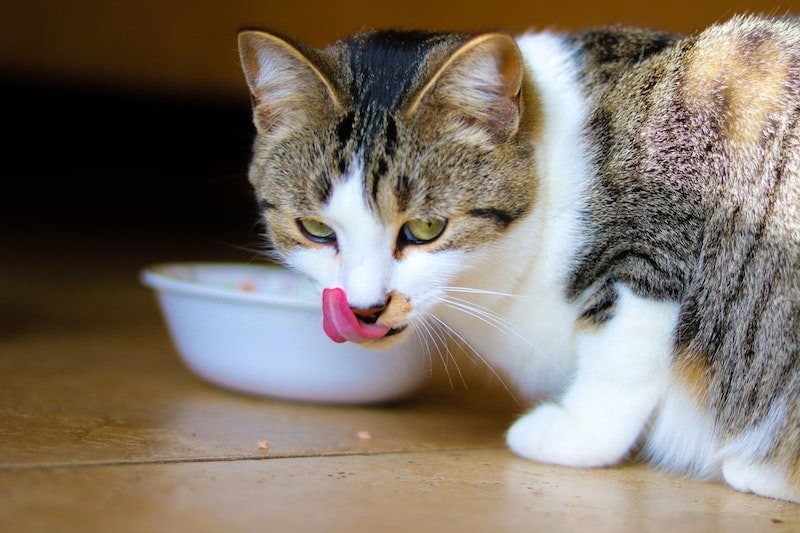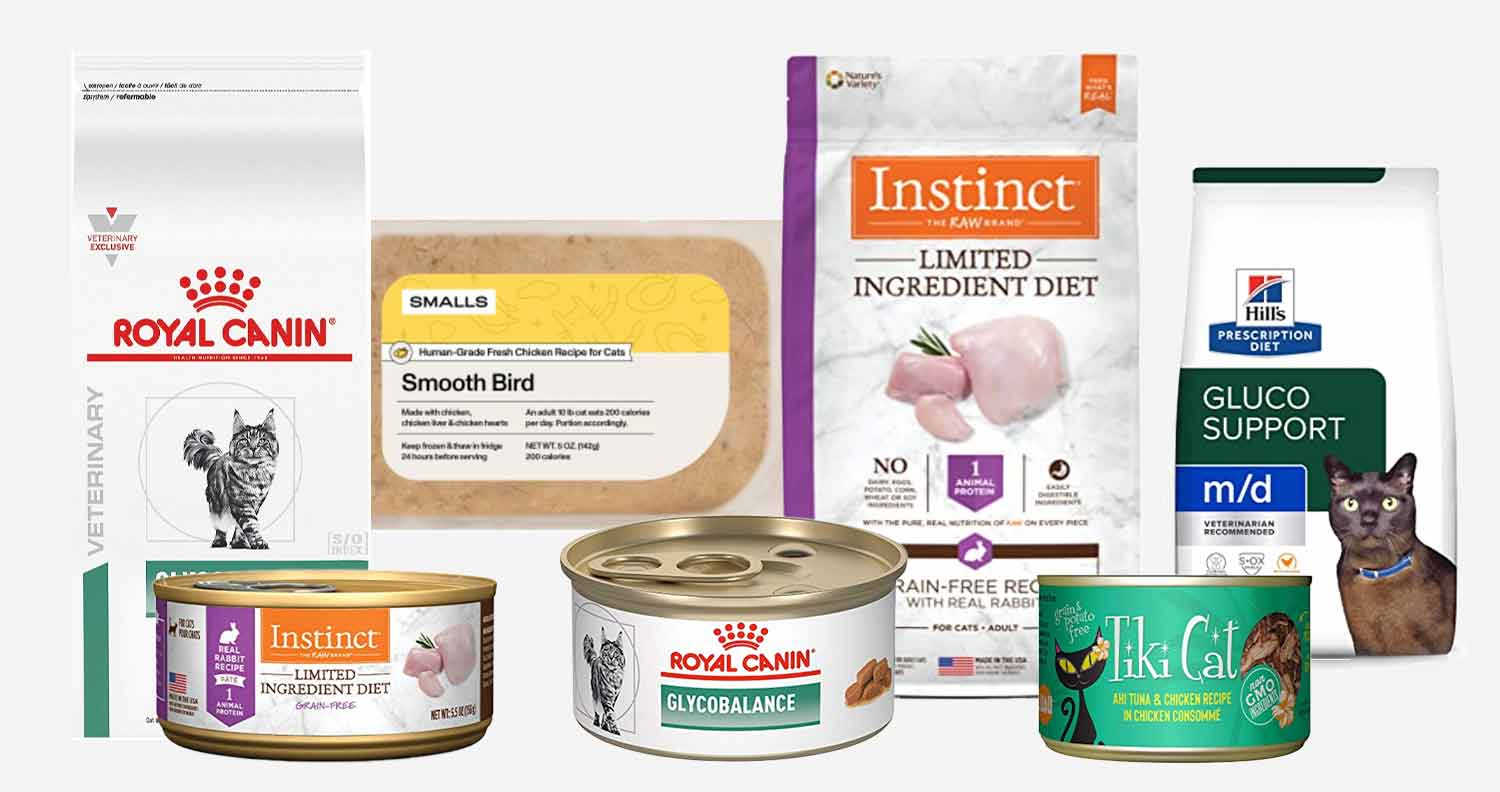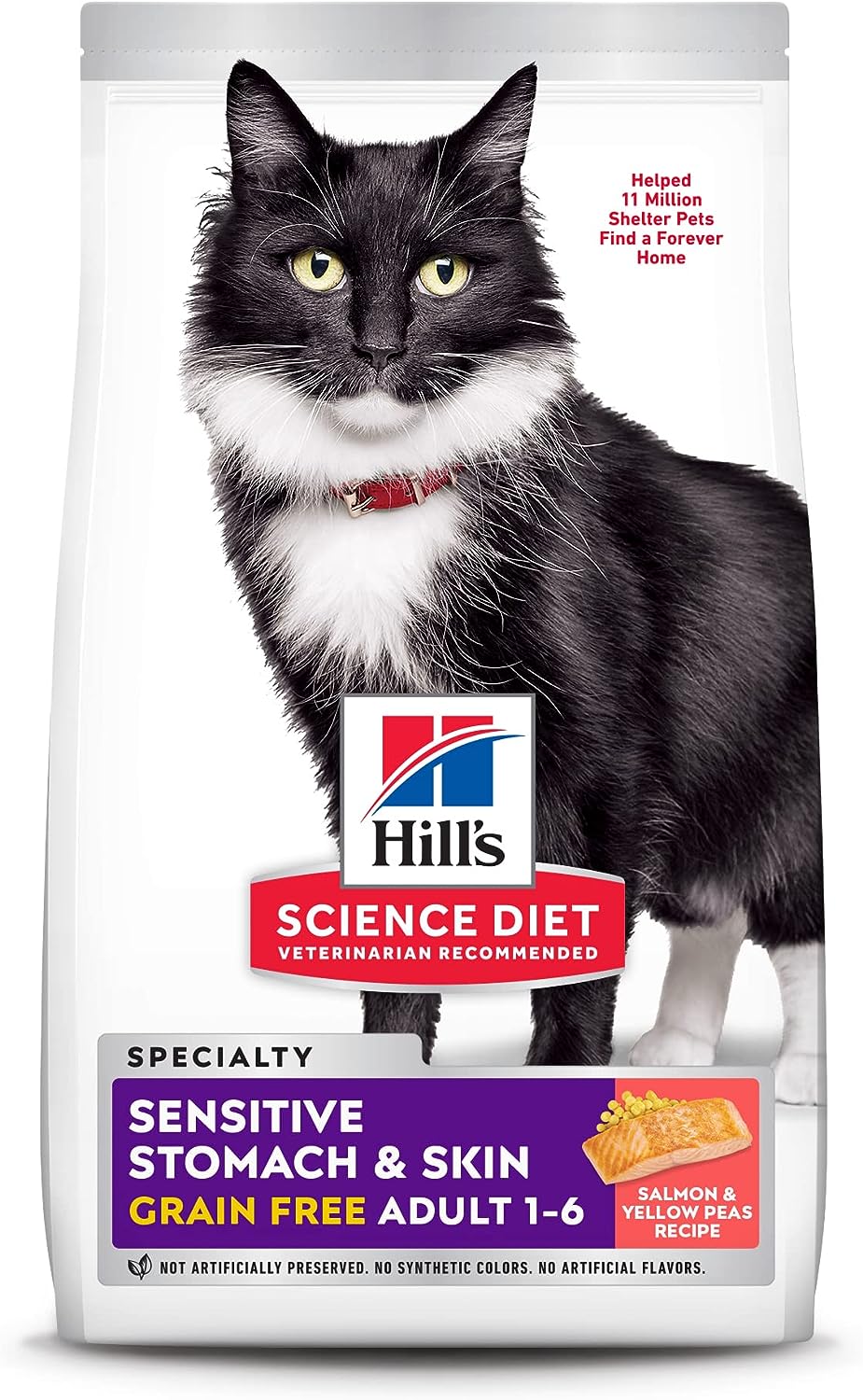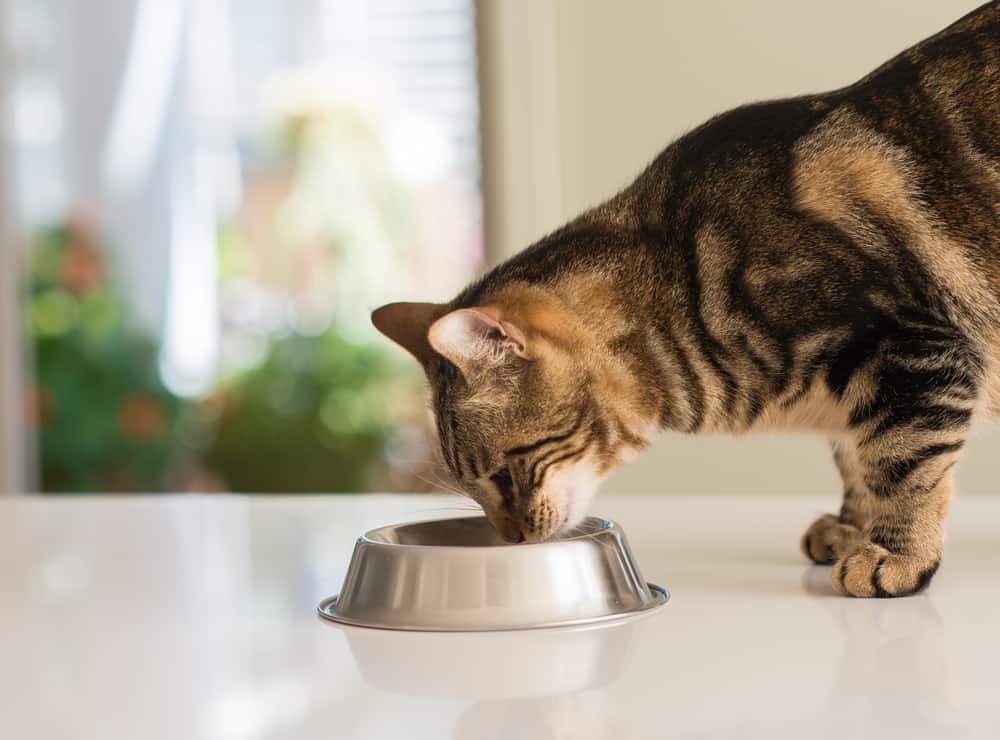
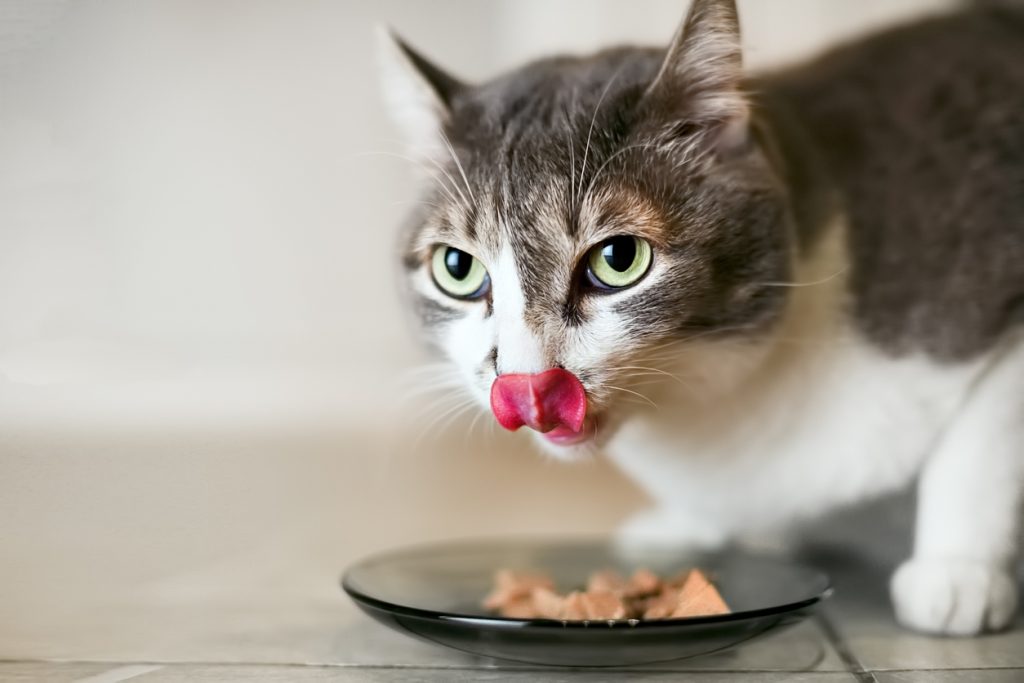
What do cats like to eat? Cats have recently been domesticated, as opposed to dogs, cows, goats, and other domestic animals. According to DNA analysis, a domestic cat and a big cat in the wild are not so different. In fact, you have a small savannah or jungle cat on your sofa.
What does it have to do with the feeding options for your cat? Cats are high-protein eaters, whether they are domesticated or wild. Domestic cats, who are carnivores by nature, the only way they can become omnivores is by eating kibble so that they can easily take shelter from a few chatterers and cheek-rubbing humans.
Feeding Your Cat
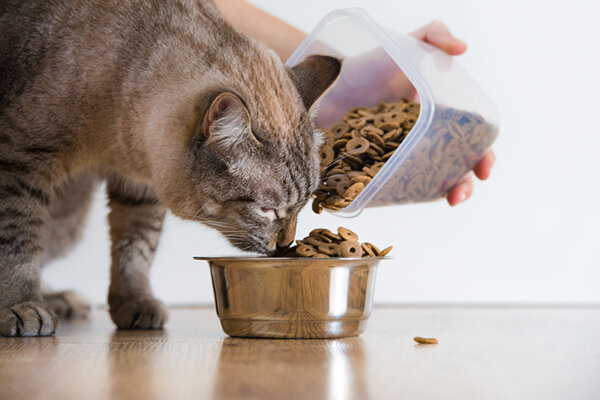
Cats are obligate carnivores, which means that they require a diet rich in animal protein. However, it’s important to incorporate variety into your cat’s diet and introduce new foods gradually to avoid digestive issues.
Protein Sources
Good sources of animal protein for cats include chicken, turkey, beef, and fish. Avoid feeding your cat raw or undercooked meat, as it can contain harmful bacteria.
-
Canned or wet food is a good option, as it provides moisture and can help prevent urinary tract issues.
-
Dry food can be fed in moderation, but make sure your cat has access to plenty of water.
What Should I Feed My Cat
What do cats like to eat? Veterinarians agree that the ideal diet for most cats and kittens is a combination of wet or canned cat food and dried kibble. Lack of moisture, which can cause problems with the kitty’s urinary system, is only a potential problem with giving your cat dry food. Kibble is more plant-based and dry, whereas wet foods contain more water and often more meat.
The secret is moderation and keeping track of what you offer, whether you want to make your own cat food or give your cat some of your human food. Pay attention to the hidden carbohydrates in dairy products, as well as the high sodium and fat content of canned fish. You can use healthy homemade alternatives to enhance or replace conventional wet or dry cat food with some thought and planning.
What Meats Can Cats Eat?
Cats are obligate carnivores, meaning that they require meat in their diet to thrive. However, not all meats are safe for cats to eat. Here is a comprehensive guide to what meat cats can safely consume.
Being carnivores, cats must eat meat in order to grow. (sorry, vegans; you cannot feed your cat a plant-based diet). Give your cat some prepared foods from your neighborhood grocery store, such as deli meat, steak, chicken, and turkey. Feeding your cat raw meat can make them sick, so be careful.
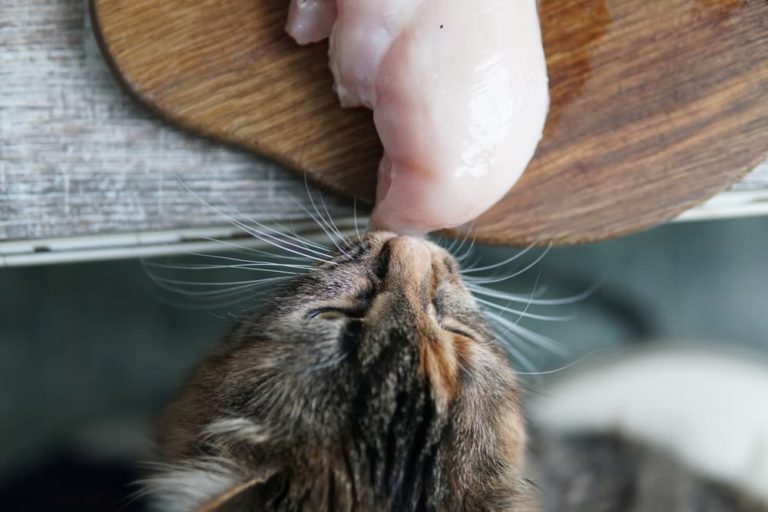
What foods should not be eaten by cats?
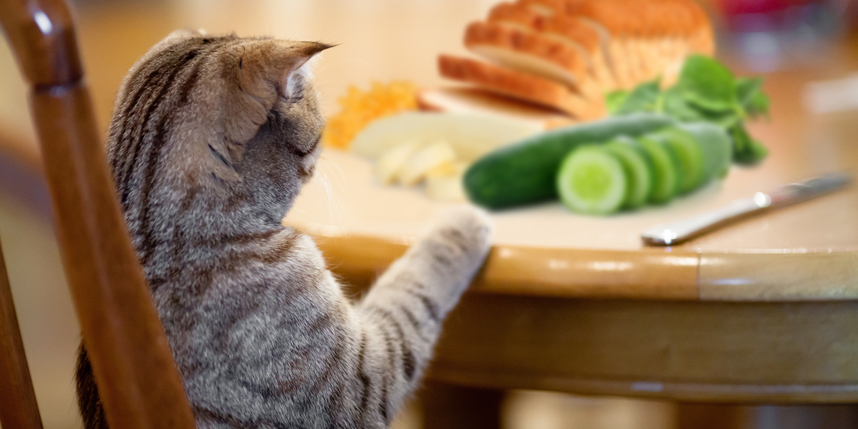
Like dogs, most cats are not food-oriented and usually do not eat food that is not good for them. It’s much more likely that kittens will eat food with their noses that is unusual or can upset their stomachs. If they’re tempted to try, you don’t want to keep the following foods around for the kitten:
Raw chicken. Salmonella and other bacteria that can be infectious to humans and cats. You should cook the chicken that you give to your cat.
Canned meat or fish. When you open a can of tuna, mussels, sardines, salmon, or shredded chicken, your cat may run after you. However, canned fish, especially tuna, is high in mercury and canned meat is high in sodium, both of which are harmful to cats. Small, occasional doses are probably okay, but wet cat chow is a desirable option.
Chocolate. What do cats like to eat? Chocolate is harmful to cats, just as it is harmful to dogs. Theobromine can cause death, seizures, and tremors. Don’t let your cat lick your ice cream sundae dishes, brownies, cakes, or chocolate bars.
Raw eggs. Raw egg whites contain a protein that can inhibit the kitty’s ability to absorb potentially dangerous microorganisms as well as nutrients.
Liver. Again, most cats can tolerate partially cooked ground liver when given in small, kitty-sized doses. However, too much liver in a cat’s diet can result in excess vitamin A.
Dog food. It will not hurt if the cat occasionally eats some kibble from Fido, but instead of cat food, dog food should not be used. Do not mix with each other, as each is designed with the nutritional needs and digestive system of the dog or cat in mind.
Cherries, grapes, and raisins Although you may like them, cats should not use them. These fruits are dangerous for both cats and dogs and have a high sugar content that can cause kidney failure.
Onions, chives, and garlic If you’re thinking of feeding your cat human food that contains these common flavoring ingredients (such as onions or garlic powder), your cat may not be interested. Allium ingestion can cause anemia in cats or, in more severe cases, onion poisoning.
Caffeine or alcohol. Don’t let your cat drink from your snifter, wine glass, coffee, or cocoa cup. Cats are poisoned by these toxins.
Cooked fat trimmings and bones. Give your cat more than skin, fat, and bones from your food. Chicken bones (and other bones when cooked) can tear the cat’s esophagus or intestines into pieces, causing vomiting and diarrhea.
Deli Meats. Most deli meats are rich in salt and may contain preservatives that are bad for your cat, but if it’s natural chicken or turkey that doesn’t add nitrates, it’s probably better for the kitty. Ham, bologna, salami, and other processed or smoked meats should not be given to cats.
Raw Fish. A small amount of sushi-grade, extremely fresh fish should be fine, but otherwise, raw fish may contain bacteria that can harm your cat.
What Do Cats Like for Breakfast?
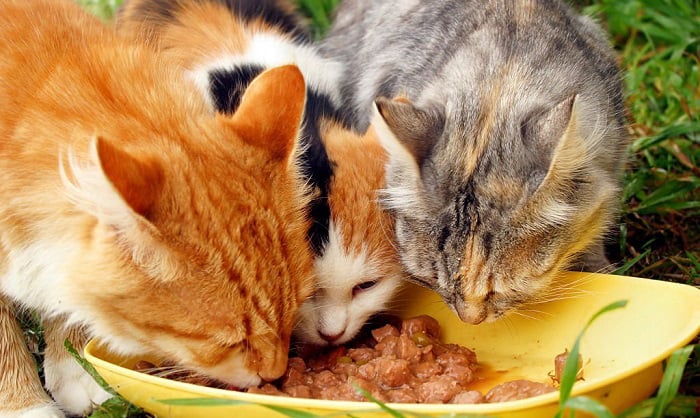
Cats don’t like any particular breakfast food compared to other foods.
It is quite normal to give the cat the same food for breakfast as other foods. You may want to think about serving your cat multiple moderate meals throughout the day instead of one large meal at breakfast.
One strategy for feeding cats may be to serve the food at breakfast, leave it for 15 to 30 minutes, and then take it to the next mealtime.
Cat Breakfast Routine
Cat Dietary Needs
Cats are obligate carnivores and require a diet high in protein. Make sure to choose cat food that meets their nutritional needs and is appropriate for their age and health status.
Feeding Schedule
Establish a consistent feeding schedule that works for both you and your cat. Most cats prefer to eat small, frequent meals throughout the day.
Food and Treats
Offer a variety of wet and dry cat food to keep your cat interested in their meals. You can also offer treats as a special reward or to help with training.
Feeding Your Cat a Balanced Diet
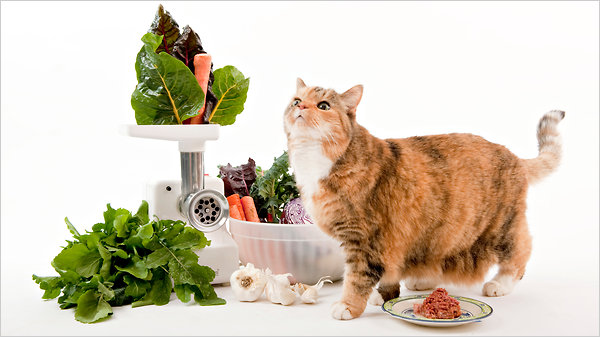
Benefits of a Balanced Diet
What do cats like to eat? Feeding your cat a balanced diet can improve their overall health and well-being. A well-balanced diet can help maintain a healthy weight, improve digestion, and reduce the risk of certain health problems such as diabetes and kidney disease.
Breakfast Options
Some good breakfast options for cats include high-quality wet or dry food that is specifically formulated for their nutritional needs. You can also consider feeding your cat raw food or homemade meals, but it’s important to consult with your veterinarian to ensure they are getting all the necessary nutrients.
The Best Foods For Your Cat

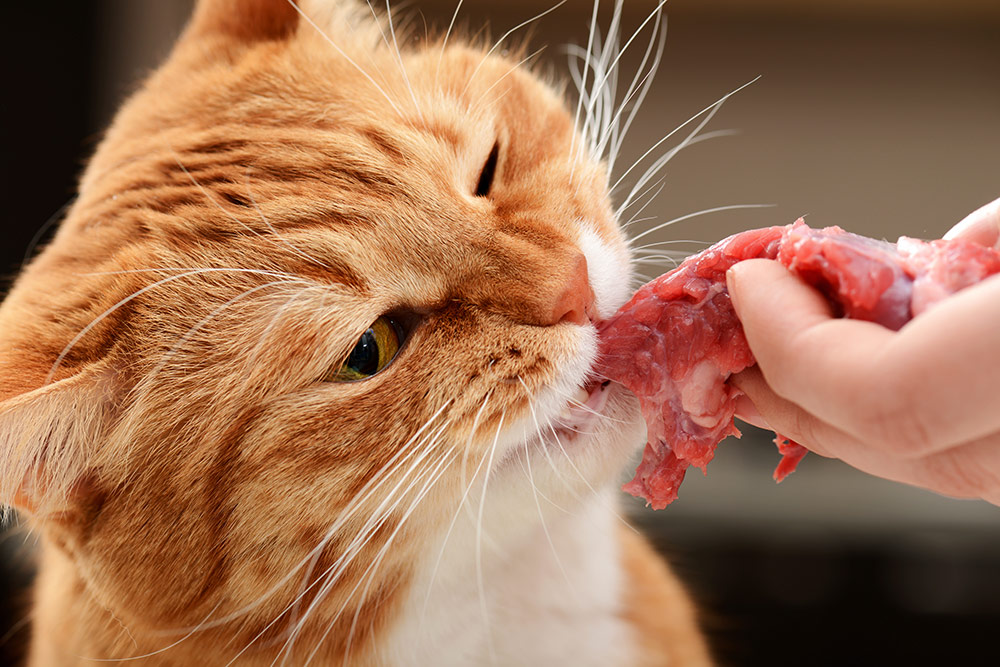
Understanding the Ingredients
The first few ingredients listed on a cat food label are the most important. Look for high-quality sources of protein, such as chicken or fish, as the first ingredient. Avoid foods with fillers like corn or wheat, which provide little nutritional value for cats.
Avoiding Harmful Additives
Avoid cat foods that contain artificial colors, flavors, or preservatives. These additives can be harmful to your cat’s health and may cause allergic reactions or other health problems.
Choosing Nutritious Options
Look for cat foods that are labeled as complete and balanced, which means they contain all the necessary nutrients your cat needs to stay healthy. Consider choosing a food that is specifically formulated for your cat’s age, breed, or health needs.
Cat Nutrition and Dietary Needs
Protein and fat requirements
What do cats like to eat? Cats are obligate carnivores, meaning they require a diet high in animal protein. Look for cat foods with high-quality sources of protein, such as chicken, turkey, or fish. Fat is also an important component of a cat’s diet, providing energy and aiding in the absorption of certain nutrients.
Carbohydrates and Fiber
While cats do not require carbohydrates in their diet, they can provide a source of energy and fiber. Look for cat foods with limited amounts of carbohydrates and high-quality sources of fiber, such as sweet potatoes or pumpkin.
Vitamins and Minerals
Cat foods should provide all the necessary vitamins and minerals for a cat’s health. Look for cat foods with added vitamins and minerals, or consult with a veterinarian for recommendations on supplements.
